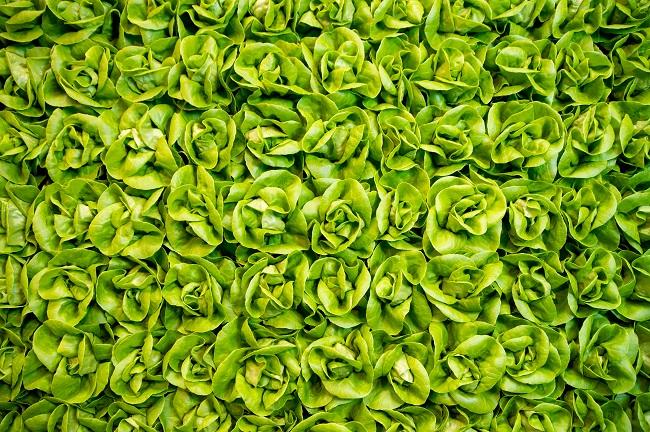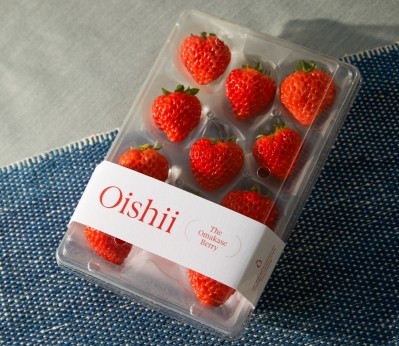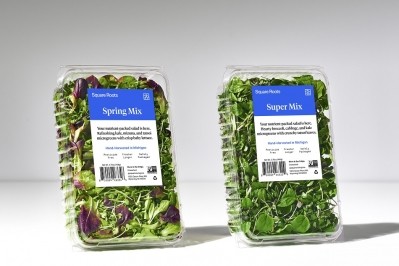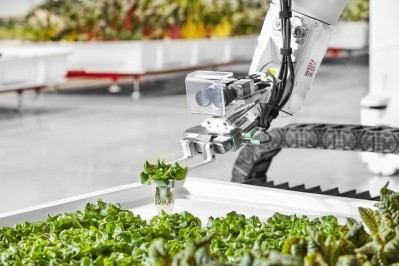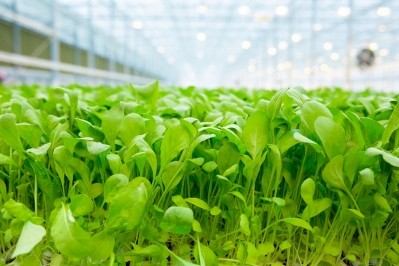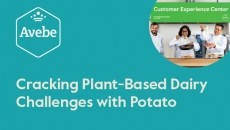Local Bounti sees indoor farming as the future of produce growing: 'The consumer is just not going to go backwards'
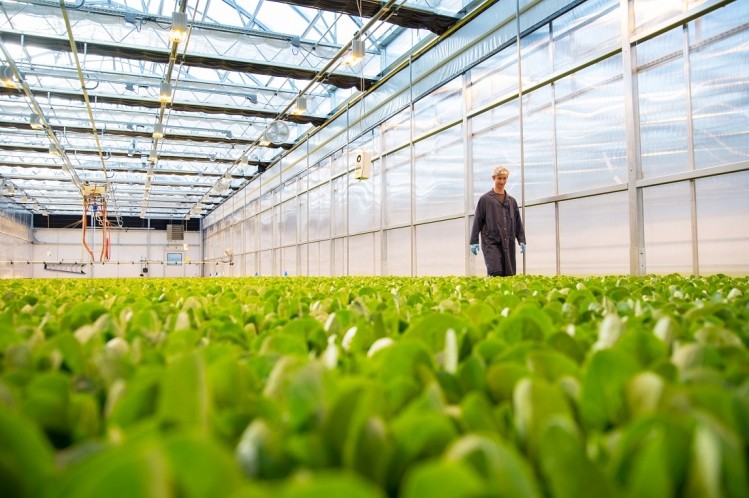
As yet another player in the CEA sector aiming to be the leading brand of indoor-grown leafy greens, Local Bounti is distinct in that its facilities "take the best of vertical farming and the best of horizontal farming to really unlock tremendous unit economics," Hurlbert told FoodNavigator-USA.
Hurlbert started the company with Travis Joyner in August 2018 and now operates one indoor farming facilities in Hamilton, Montana (its headquarters) with seven more sites planned for construction in the Western and Southern US by 2025.
Before starting Local Bounti, Hurlbert explained that he and Joyner originally wanted to invest in an already established CEA company after identifying indoor farming as the next high-growth industry.
"We started doing due diligence in the hope to invest in an existing CEA company and long story short, we decided we really couldn’t find a business that we felt embodied all the characteristics necessary to really thrive over the long-term in a high-growth, global, capital-intensive commodity based market," said Hurlbert, who claimed that many of the facilities fall short on delivering efficient unit economics.
"We couldn’t get our heads around vertical farming on its own, and we couldn’t get our heads around greenhouse farming on it its own... So we’ve combined the two together to unlock the best of both technologies," said Hurlbert.
Local Bounti uses its proprietary, patent-pending Stack & Flow Technology, a hybrid of vertical farming and hydroponic greenhouse farming to unlock "exceptional unit economics" at its two indoor farming facilities compared to other CEA companies.
According to Hurlbert, a Local Bounti facility is about 2x more capital efficient than a comparable facility run by one of its competitors.
Product assortment: 'The consumer is just not going to backwards'
Local Bounti currently sells a range of packaged leafy greens in plastic clamshell containers and "living herbs" which come in small pots of soil the consumers can keep on hand in their kitchens with occasional watering.
Once a consumer purchases a Local Bounti product, said Hurlbert, the advantage is clear from its freshness.
"We can harvest in the afternoon, deliver to the distribution center that night, and it can be in the grocery store the next day. You’re talking 24-48 hours it can be on the shelf. Our product can last 3-6 weeks in your fridge where other people’s product last 3-5 days in your fridge," he noted.
"The consumer is just not going to go backwards."
The market opportunity
Hurlbert, who has made a number of successful investments in the energy, water technology, and agtech sectors, said the time to invest in CEA is now, and argued that in the next decade consumers will have stronger opinions and preferences for how and where the produce is grown.
"The total available market for these products is about $30bn in the US alone and about 1% of that is grown indoors today. We’re focused on the left half 17-state region of the United States, where the total available market is about $10bn," he said.
"Because we’re linked to Cargill, it’s highly possible we’ll get pulled to the Eastern United States as well and we’re prepared to do that also," he added.
While only distributed in a fraction of the stores of its competitors (Local Bounti products can be found in around 400 stores compared to competitor BrightFarms, which distributes to 2,000+ retail locations, for example), Hurlbert said that Local Bounti is well positioned to capture a significant market share of indoor-grown produce market in the US due to its backing from strong strategic investors.
In June 2021, Local Bounti entered into a SPAC (special purpose acquisition company) with publicly-traded Leo Holdings III Corp. in a transaction valued at $1.1bn with financial backing from Cargill, BNP Paribas, and strategic investor in Southeast Asia, noted Hurlbert.
"Really, the reason we decided to go public is all about the fact that for the CEA movement, the time has come. I really think in the next ten years, everyone will be talking about how their produce is different."
